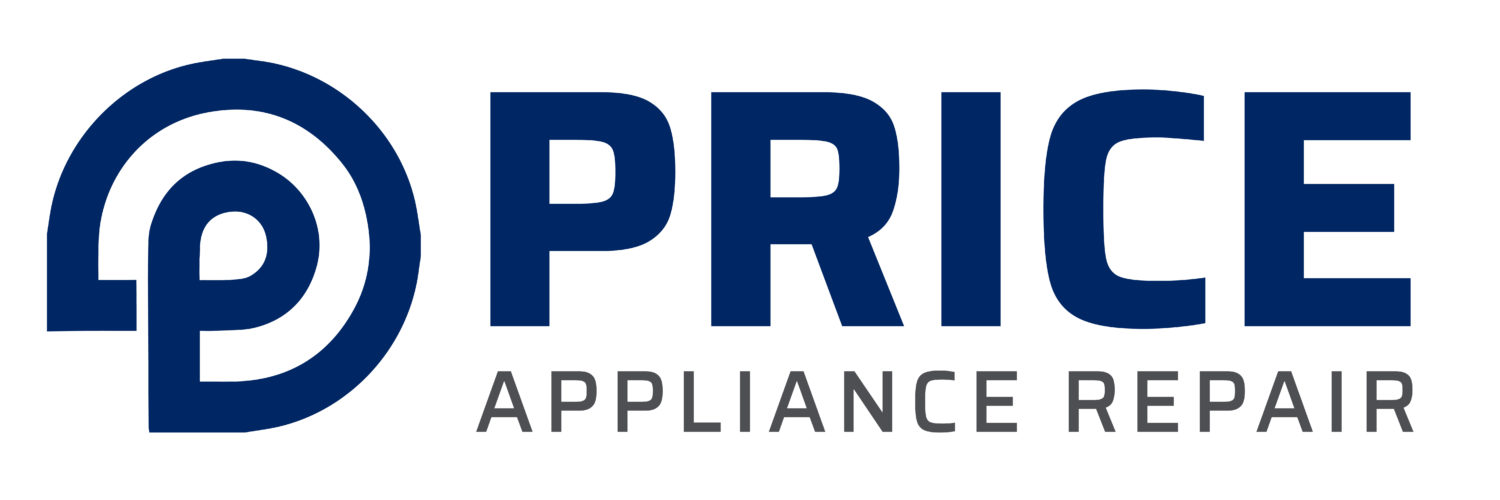Appliance Safety Tips
The appliances in your house often make your life less stressful, but if you use household appliances unsafely, they might pose noticeable health risks. It is important to protect your appliances and ensure that they don’t become hazards by adhering to these helpful appliance safety recommendations from Price Appliance Repair.
The professional tips in this post can help to prevent fires and injuries related to broken appliances. Even still, hazards could still happen. If an appliance has issues or malfunctions and becomes a danger, hire a professional appliance repair CITY.
GFCI Outlets in Wet Locations in Your Home
Laundry rooms, kitchens, basements, bathrooms, mud rooms, garages and outdoor areas can be susceptible to possible wetness or water. As you well know, electricity and moisture don’t mix, therefore power cords and wires should be plugged into GFCI outlets.
This can prevent electrocution by tripping the circuit if any imbalances in electricity arise.
If you do not already have GFCI outlets in damp rooms inside of your house, it’s time to install them or call an electrician in CITY. Once that is done, for further safety measures, follow the warnings of manufacturer appliance manuals that note that an appliance is not meant for outdoor use.
Electrical Wires, Outlets & Electronics Far Away From Wet Areas
Several appliances are specifically manufactured for outdoor use, like charcoal and gas grills, for example. If you use any electrical appliances outside – including refrigerators, dishwashers, freezers and ice makers, power tools and more – ensure that all plugs and outlets are 100% dry. Using weatherproof electronics can help, along with GFCI outlets with gaskets that are water-tight.
Extension Cords are a Momentary Solution
An extension cord poses many evident risks, this includes:
The likelihood of loose connections that sometimes can cause sparks and a fire.
The chance of power fluctuations that might break the appliance.
Increased vulnerability to water penetration that can lead to electrocution.
The potential for wires overheating and becoming a fire hazard when an insufficient extension cord is combined with a high-power appliance.
When deciding on an extension cord for limited-time use, make sure that it’s the right gauge for the electrical equipment in question. The lower the gauge, the greater the size for the wire. For example, a basic household extension cord for a radio might have a 16-gauge cord while a bigger cord for a window air conditioner needs a 12-gauge wire.
The length of the cord is also crucial. The longer the extension cord is, the more power is gone enroute, something called voltage drop. Shorter extension cords are recommended for electric tools and outdoor equipment.
Be Sure to Read the Manual for Any Type of Appliance You Buy
It’s obvious to assume that you know how to use a new home appliance without consulting the operating manual, but consulting the manufacturer guidelines is necessary for several reasons:
You should find out if your home’s electrical wiring is sufficient to power the appliance. You may need to install a better circuit to prevent overloading any existing ones.
You learn more about complicated features you wouldn’t have otherwise have known about.
You understand if the new appliance is OK for outdoor use or not.
You do not have the frustration that can come from attempting to use a home appliance with no instructions!
Unplug Small Appliances in Your Home When Not Being Used
You can limit unnecessary energy usage by unplugging them when not in use. This is because small appliances sometimes include LED lights, timers and other energy-consuming features standby times.
Unplug monitors, TVs, printers, modems, internet routers, video game systems, cellphone chargers and more to limit wasteful energy use. Just remember, it’s worthwhile to keep DVRs and similar devices plugged in to not miss their background functions.
For extra tips on ways to use appliances safely, or to hire a professional appliance repair company, please contact Price Appliance Repair. Our technicians can fix all common home appliances!
OTHER RESOURCES:
Appliance Repair Cost
DIY Appliance Repair Tips
Repair or Replace Appliances
Refrigerator Parts
Home Services Campaign Disclaimer: This site is a free service to assist homeowners in connecting with local service providers. All contractors/providers are independent and this site does not warrant or guarantee any work performed. It is the responsibility of the homeowner to verify that the hired contractor furnishes the necessary license and insurance required for the work being performed. All persons depicted in a photo or video are actors or models and not contractors listed on this site.
Copyright © 2025 | MH Corporate basic by MH Themes
